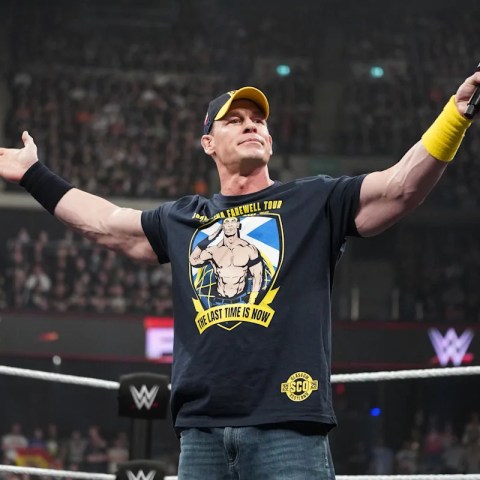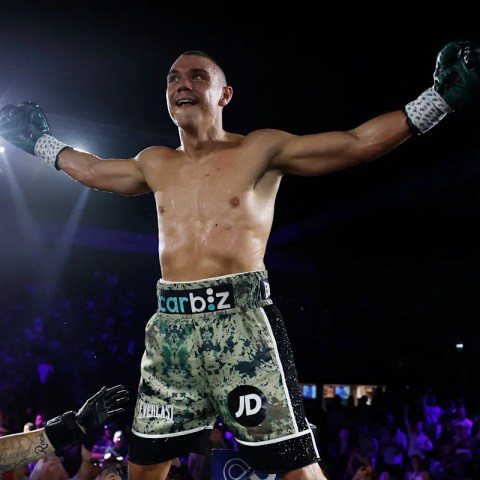This year’s White House Easter Egg Roll had a fresh twist. Big Tech logos and branding filled the event, making it feel more like a business expo than a traditional holiday gathering. Children giggled and played on green grass while a military band played classic tunes. Nearby, a tent from Meta drew families excited to snap pictures against a digitally themed backdrop.
Sponsorships at the event raised funds for the White House Historical Association. However, this new direction raised eyebrows across the political spectrum. Concerns popped up about using public spaces for corporate gain, something that goes against well-established regulations. Ethical implications aside, many wondered if this commercialization was appropriate for such a historic location.
Documents revealed that sponsorship deals included perks like naming rights and prominent logo placements. Companies were eager to showcase their brand, viewing it as a chance to build closer ties with the White House, especially during a time filled with economic unpredictability.
Interestingly, the event had a personal touch too. Families created memories alongside corporate tents. For instance, a little boy rang a bell sponsored by the New York Stock Exchange, a fun moment amid reports of a market downturn. In contrast, as kids dashed for egg hunts, adults contemplated the balance between festivity and corporate influence.
Bright displays adorned various areas, like an arch made from fresh carrots boasting the International Fresh Produce Association logo, while volunteers offered toys in a vibrant play garden sponsored by The Toy Association. All around, the atmosphere buzzed with excitement.
Amazon also made its presence felt with a cozy reading nook, although First Lady Melania Trump chose a quieter space for storytime, away from the commercial frenzy. She read “Bunny with a Big Heart” to children in a lovely garden setting, showcasing the day’s lighter side.
Funding for the event came from private contributions, ensuring activities, entertainment, and decorations were well-covered. Extra funds may support future White House events, like Halloween festivities and Fourth of July celebrations, highlighting the ongoing partnership between public moments and private contributions.
The mix of fun and branding stirred various reactions, leading social media chatter to reflect on how public events are evolving. Experts in communications and marketing noted that blending corporate sponsorship with community-focused events could reshape how communities gather in the future. While some view it as innovative, others worry it may overshadow the spirit of tradition.
As we watch how these trends unfold, it’s clear that the intersection of celebration and corporate sponsorship is becoming a significant talking point in the wider conversation about public spaces. For a deeper dive into the ethical considerations of such sponsorships, you can visit Cornell Law School’s regulations.





















